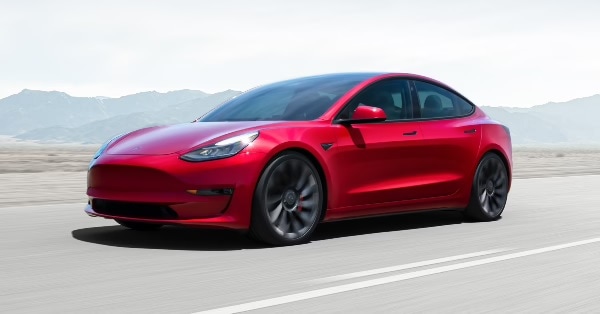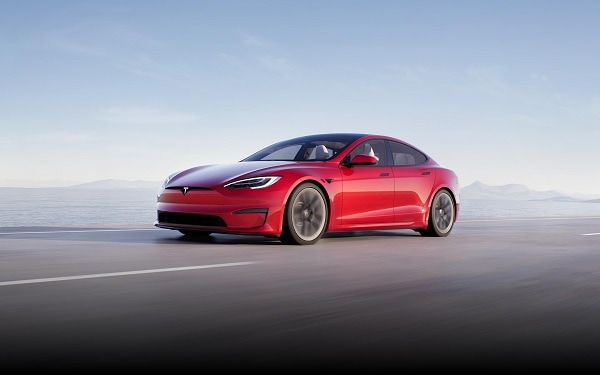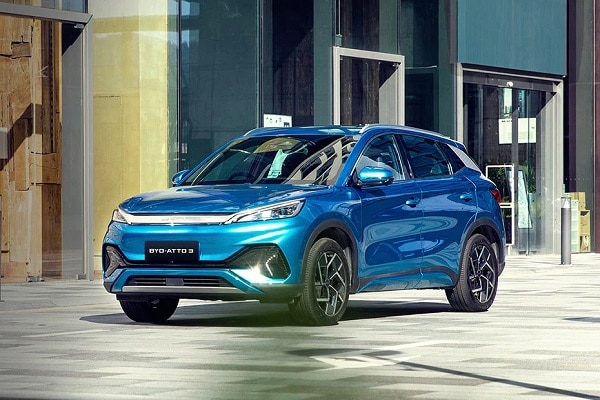Sun as socket: Startup integrates Tesla Model 3 with solar panel for energy
- Lightyear is testing cars to examine if solar panels on limited surface areas can actually provide enough power for batteries inside EVs.


One of the biggest arguments made against electric vehicles by critics is that makes use of energy which is generated in many countries from non-renewable sources like coal. Even as the multi-directional benefits for the environment of driving an electric vehicle over a car with an internal combustion engine are well established, concerns over availability of charging infrastructure and sources of energy generation remain vital sticky points.
A startup is now looking at addressing these issues by making use of solar power.
Also Read : Tesla 'million mile' battery may last decades, withstand varied terrains)
While still a long way away from making the technology commercially viable or even production ready, Lightyear has been continuously working to make use of solar fuel cells to power cars of the future. Recently, the company installed a solar roof on a Tesla Model 3 and is now gearing up to bring out two research cars to study the feasibility of the technology. "With their integrated solar technology, the Lightyear Research Vehicles will help to demonstrate the added value of integrated solar panels on vehicles, as they drive around measuring solar yield," Lightyear reportedly highlights, according to Electrek. "The vehicles will provide additional real-world data on vibration impact, shock absorption and waterproofness. This testing is deemed crucial to ensure a safe, reliable and durable solar system that will last the lifetime of Lightyear’s cars and of other vehicles that utilize the solar roofs."
Also check these Vehicles
The biggest challenge with installing solar panels to power electric vehicles is believed to be the small surface area available on top of a car. Solar panels usually need a large installation area - like a field or the roof of a building/factory for the intended energy requirements to be made. Additionally, the vehicle on which it is installed may be on the move at times when the sun's rays may not fall on the panels directly or for prolonged periods. Then, of course, there is a big question mark over how best to make it commercially viable once - and if - the technology is deemed practical.
Some suggest the use of solar panels at homes and in offices to generate energy which can then charge electric vehicles. Tesla has already begun installing such panels in some countries. In either case though, the automotive industry continues to be at the cusp of a revolution of sorts that could potentially spell doom for conventional petrol and diesel engines.








 82kWh
82kWh 555 km
555 km


 2998.0 cc
2998.0 cc Multiple
Multiple












